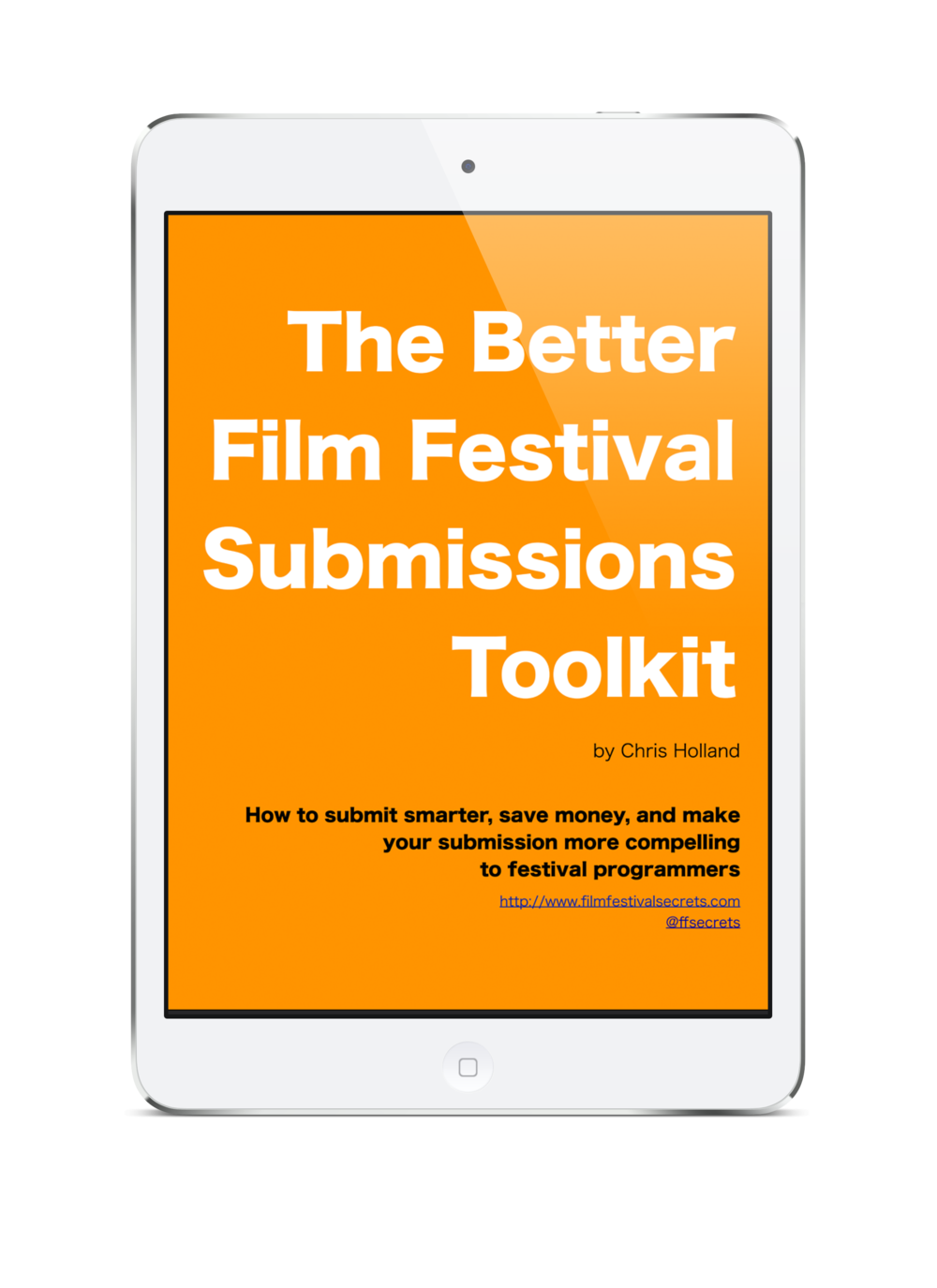Jason Guerrasio for IndieWire, taking aim at the Manhattan Film Fest:
As the lights went down and the picture came up, [Warfield director Mira] Gibson was horrified. "It's the wrong one!" she yelled out. Her first audience was watching the version she’d submitted for acceptance—a work-in-progress with no color or audio correction, no credits or the score.
After her pleas with the projectionist failed to stop the film, Gibson learned only then that her thumb drive version, which represented thousands of dollars in final edits, was unplayable by MFF: The thumb drive was Mac-formatted and their equipment was Windows. Gibson was speechless.
Certainly the multiple tales of screening screw-ups and bad communication pull the curtain back on a film festival that desperately needs to put its house in order. The use of the word "scam," however, seems like a knee-jerk reaction at best and a cynical ploy to draw in readers at worst. It's impossible to divine the actual thoughts and intentions of the festival staffers, but similar scenes play out at festivals all over the world, both large and small. (Yes, even the ones I've worked for.)
Print traffic and exhibition at a film festival is an enormously complicated job, one I didn't have a full appreciation for until I did it this past March. It involves the coordination of hundreds of different "prints" (these days, digital files delivered over the web or on physical drives) in a very tight window of time, and at the most hectic period of the festival year. Like most humans, filmmakers can be lazy. They tend to send things in at the very last moment (sometimes on the day of their screening) and in a format convenient to them rather than the one the festival asked for. This is not to lay the blame at the feet of the filmmakers, but these factors make quality control impossible to nail 100%. Apologizing to a filmmaker whose screening you've had a part in screwing up is a grueling exercise in humility, but most festival staffers have at least one for each year they've been in the business.
The outpouring of filmmaker support for the festival (even some of the filmmakers featured in the article itself) makes me even more disappointed in the way this article was positioned. There is great agreement in the article's comments section that the festival did its job poorly, that festival submissions fees suck, that Withoutabox sucks, and that the festival staff worked hard and is composed of generally nice people. (Read Timothy L. Anderson's comments in particular.) But few of these people seem to think that the word "scam" should have been mentioned in the article, or that the article really needed to be written at all.
You're right, IndieWire, sometimes it isn't so obvious. I give you credit for your willingness to name names in previous articles about "festivals" that really are scams. In this case, however, you seem to be the only ones who can't tell if the organization is dastardly or just disorderly. Isn't it bad enough that Manhattan FF screwed up and tried, with varying degrees of success, to make it right? Did you need to go looking for malicious intent, too?
Update Monday; August 5, 2013: WIth 138 (largely negative) comments on the article, Indiewire changed the headline and permalink from "Is This Film Festival A Scam? Sometimes It's Not So Obvious" to "Can You Trust This Film Festival?" I'm not sure that's much better but I suppose it moves things further away from libelous territory. Sadly, the protests (including mine) may do little to dissuade the site from running similar articles in the future, because the controversy brought them what any site really wants: traffic.



